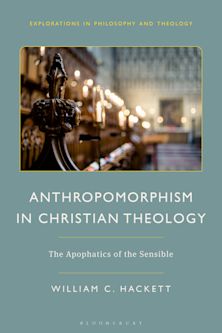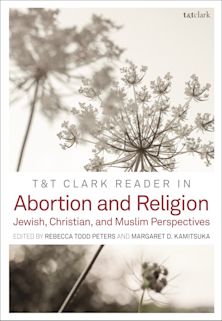Reconciling Opposites
Religious Freedom and Contractual Ethics in a Democratic Society
Reconciling Opposites
Religious Freedom and Contractual Ethics in a Democratic Society
This product is usually dispatched within 2-4 weeks
- Delivery and returns info
-
Flat rate of $10.00 for shipping anywhere in Australia
Description
The American justice system was founded on the idea of “majority-rule,” but in a democracy this is achievable only if the majority has the interests of the whole at heart. Since the days of America’s founding, white, Christian males created laws from their standpoint as the majority, leading them to exercise power in a largely “majoritarian” way rather than upholding the interests of all citizens. The nation has not realized its stated ideals of equality of liberty, opportunity and justice for all. As a solution, W. Royce Clark formulates a non-majoritarian ethic based not on any majority but on a universal instinct, the combination of Albert Schweitzer’s “will-to-live” and Friedrich Nietzsche’s “will-to-power,” along with democratic principles articulated by John Rawls and James Madison, which would represent all citizens.
Table of Contents
1. Definitions, Scope, and Tools for the Project
2. Diverse Freedoms Within Unity: Basic Real Problems
3. The History of Christianity in the U.S.: Aspiration and Mythologization, or Desacralization and Freedom of Conscience
4. The History of Religion, Ethics, and Law in the U.S.: From Theocracy to a Constitution
5. The “Free Exercise” Clause: Worship as Beyond Government's Jurisdiction
6. Religious “Free Exercise” to the Religious Freedom Restoration Act of 1993
7. The First Amendment: Who Guarantees “Free Exercise”?
8. Unlimited “Free Exercise”: “Any Law is Subject to Challenge”?
9. “No Law Respecting the Establishment of Religion”
10. The First Amendment: A Very Selective Reading of History
11. “No Law?” The “Evenhandedness” and “Private Choice” Cure-all?
12. Conclusion: The Inclusive Will-to-Live in a Democratic Republic
Cited Select Supreme Court Cases
Bibliography
Product details
| Published | 04 Feb 2022 |
|---|---|
| Format | Hardback |
| Edition | 1st |
| Extent | 582 |
| ISBN | 9781978708679 |
| Imprint | Fortress Academic |
| Dimensions | 227 x 161 mm |
| Publisher | Bloomsbury Publishing |
Reviews

ONLINE RESOURCES
Bloomsbury Collections
This book is available on Bloomsbury Collections where your library has access.



































